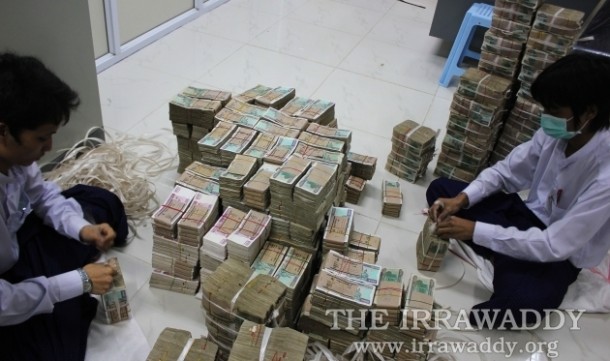RANGOON—The implementation of a new Foreign Direct Investment law passed in Burma earlier this month has been delayed because the country’s president is sending it back to Parliament for fine-tuning, an official said on Monday.
President Thein Sein is asking MPs to make “some minor amendments” to make the law clearer and more flexible, President’s Office director Maj Zaw Htay said. Parliament reconvenes in the third week of October.
The law had been anxiously awaited when it was finally passed Sept. 7, the last day of the most recent session of Parliament. But some investors criticized the legislation as too vague and not attractive enough to foreign investors.
Attracting foreign direct investment is seen as crucial to the government’s ambitious plans for economic expansion. Thein Sein launched economic and political reforms when he took office last year after almost five decades of military rule, during which foreign sanctions and restrictive laws kept the economy stagnant.
Zaw Htay said one change suggested by Thein Sein concerned a clause limiting the foreign stake in joint ventures to 50 percent. That provision was already amended from the law’s original proposal limiting foreign holding to 49 percent.
Thein Sein believes the joint venture ratio ought to be flexible and should depend on the particular sector, with details to be prescribed later in a by-law by the Investment Commission, said Zaw Htay.
He said the President also wants Parliament to give clearer definitions in the list of sectors in which foreign investment will be restricted.
The law as passed has 11 sectors—including farming, livestock breeding, fishing and agriculture—barred to foreign investors, but Thein Sein wants the law to more precisely define those sectors to avoid misunderstandings.
Burma desires foreign investment because it has an inefficient agricultural sector and small industrial base, and most of its export earnings come from extractive industries, especially natural gas.
Western nations earlier this year eased economic sanctions instituted against the repressive former military regime, lifting another barrier to foreign investment. Reforms to the financial system, especially the jettisoning of an onerous dual exchange rate system, were also made to encourage investors.
















